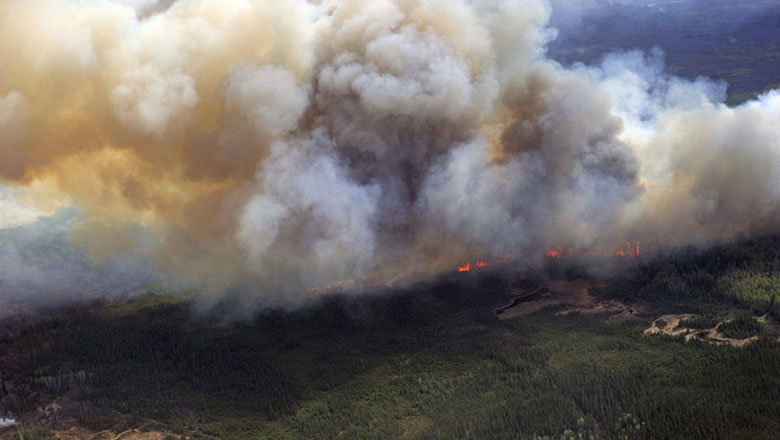Truth behind accidents weighs heavier
Updated: 2015-01-10 08:24
By Wu Yixue(China Daily)
|
||||||||
The media usually know what the public is most eager to read or see after major accidents or natural disasters, especially if they claim lives. In such circumstances, media outlets go on an overdrive to meet people's needs and address their concerns.
Media reports and authoritative information from the government usually constitute two different but inseparable parts of one whole picture the public is desperate to see. This simple fact, however, remains alien to many local governments in the country. Apart from their stereotype disclosure of information on what they consider "negative news", many local governments choose to employ excessive official jargons and clich��s in praising their rescue and relief work, instead of disclosing the efforts they have made and the measures they have taken to meet people's quest for the truth.
At a news briefing held by the county government of Changyuan in Henan province after a fire in a KTV bar claimed the lives of 11 people on Dec 15, local officials used ornamental language to indulge in self-praise, saying the "county Party chief and other officials rushed to the site in time" and "manpower was mobilized from multiple departments for an all-out firefighting and rescue" operation.
In the two pieces of information posted on Changyuan county's official website, a lot of space was occupied by information on "how county leaders paid priority attention to the incident and rushed to the scene in time to lead the rescue work". The website, surprisingly, didn't inform people about the key issues related to the fire such as whether or not the KTV bar had the necessary firefighting equipment, whether inflammable materials were being used on the premises and, most importantly, whether the injured survivors were getting proper treatment in hospital and what their conditions were.
The Changyuan county government is not the only one to hold back essential information on tragic or important incidents. The information released by the Yongqing county government in Hebei province on the wall collapse in a kindergarten that claimed the lives of three children and left three others injured contained similar language. Its focus was on the special attention paid by the county's Party committee and government, their immediate response to the tragedy and the emergency team set up for rescue work.
The information released by the Harbin municipal government in the wake of the Jan 2 fire in a warehouse that claimed the lives of five firemen was also full of official jargon. By taking great pains to praise leaders' rescue efforts after an accident, local governments have shown how they shirk their responsibilities.
- Inspection teams to cover all of military in anti-corruption drive
- Tornado, heavy rain batters Central China's Hunan
- Beijing's five-year plan: Cut population, boost infrastructure
- Palace Museum discovers relics buried for over 600 years
- Disney promises ‘safe, pleasing service of high quality’
- Couple detained for selling their two sons
- Rousseff: Accusations against her 'untruthful'
- Almost one-sixth of Brazil's confirmed microcephaly cases linked to Zika
- Impeachment trial against Rousseff recommended to senate
- With nomination secured, Trump to aim all guns at Hillary Clinton
- Obama sips Flint water, urges children be tested for lead
- Massive protests against Abe mark Japan's Constitution Memorial Day

 Raging wildfire spreads to more areas in west Canada
Raging wildfire spreads to more areas in west Canada
 World's first rose museum to open in Beijing
World's first rose museum to open in Beijing
 Teapot craftsman makes innovation, passes down techniques
Teapot craftsman makes innovation, passes down techniques
 Top 8 iOS apps recommend for mothers
Top 8 iOS apps recommend for mothers
 Five things you may not know about the Start of Summer
Five things you may not know about the Start of Summer
 Art imagines celebrities as seniors
Art imagines celebrities as seniors
 Japanese animator Miyazaki's shop a big hit in Shanghai
Japanese animator Miyazaki's shop a big hit in Shanghai
 Star Wars Day celebrated around world
Star Wars Day celebrated around world
Most Viewed
Editor's Picks

|

|

|

|

|

|
Today's Top News
Liang avoids jail in shooting death
China's finance minister addresses ratings downgrade
Duke alumni visit Chinese Embassy
Marriott unlikely to top Anbang offer for Starwood: Observers
Chinese biopharma debuts on Nasdaq
What ends Jeb Bush's White House hopes
Investigation for Nicolas's campaign
Will US-ASEAN meeting be good for region?
US Weekly

|

|







